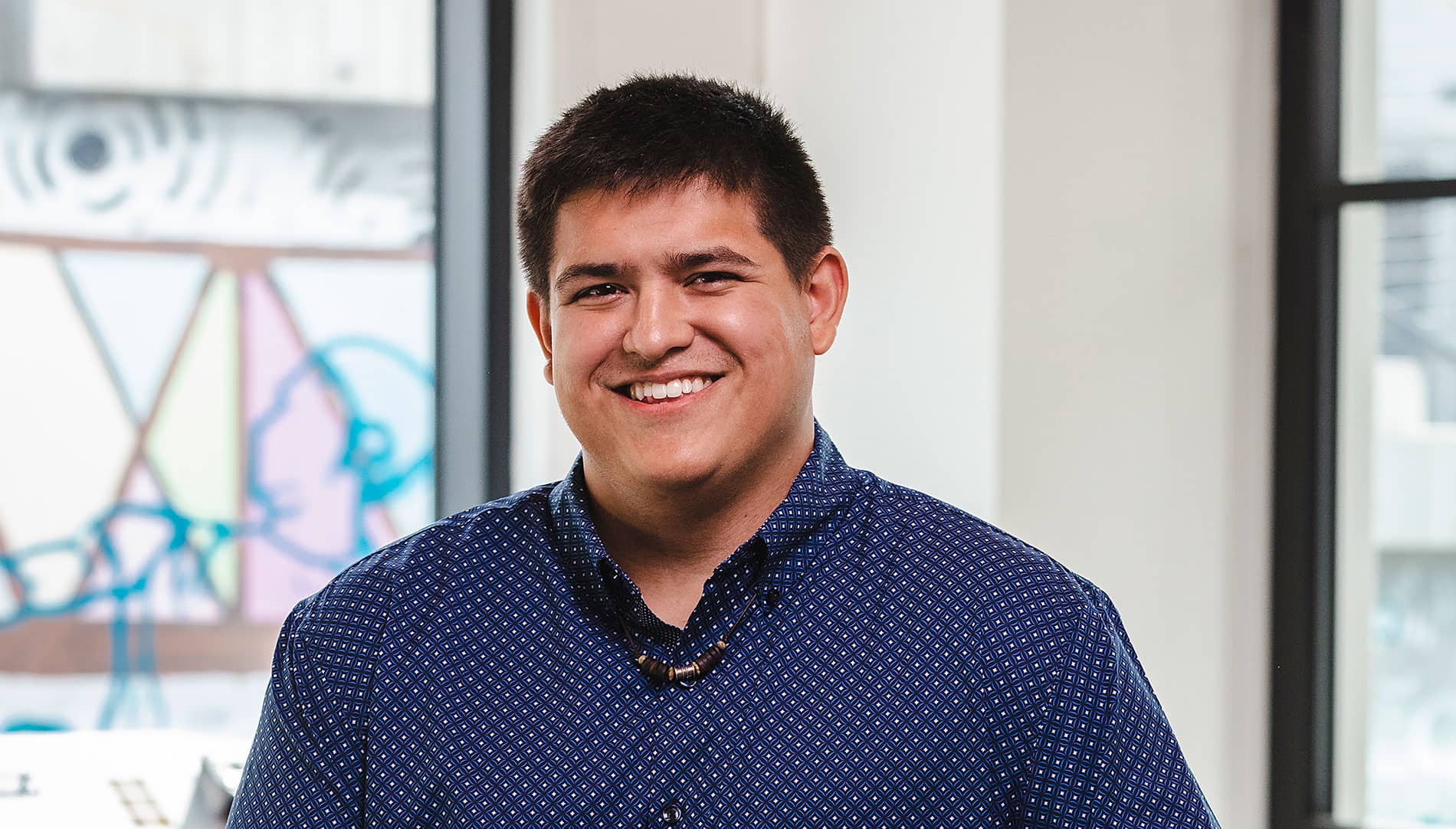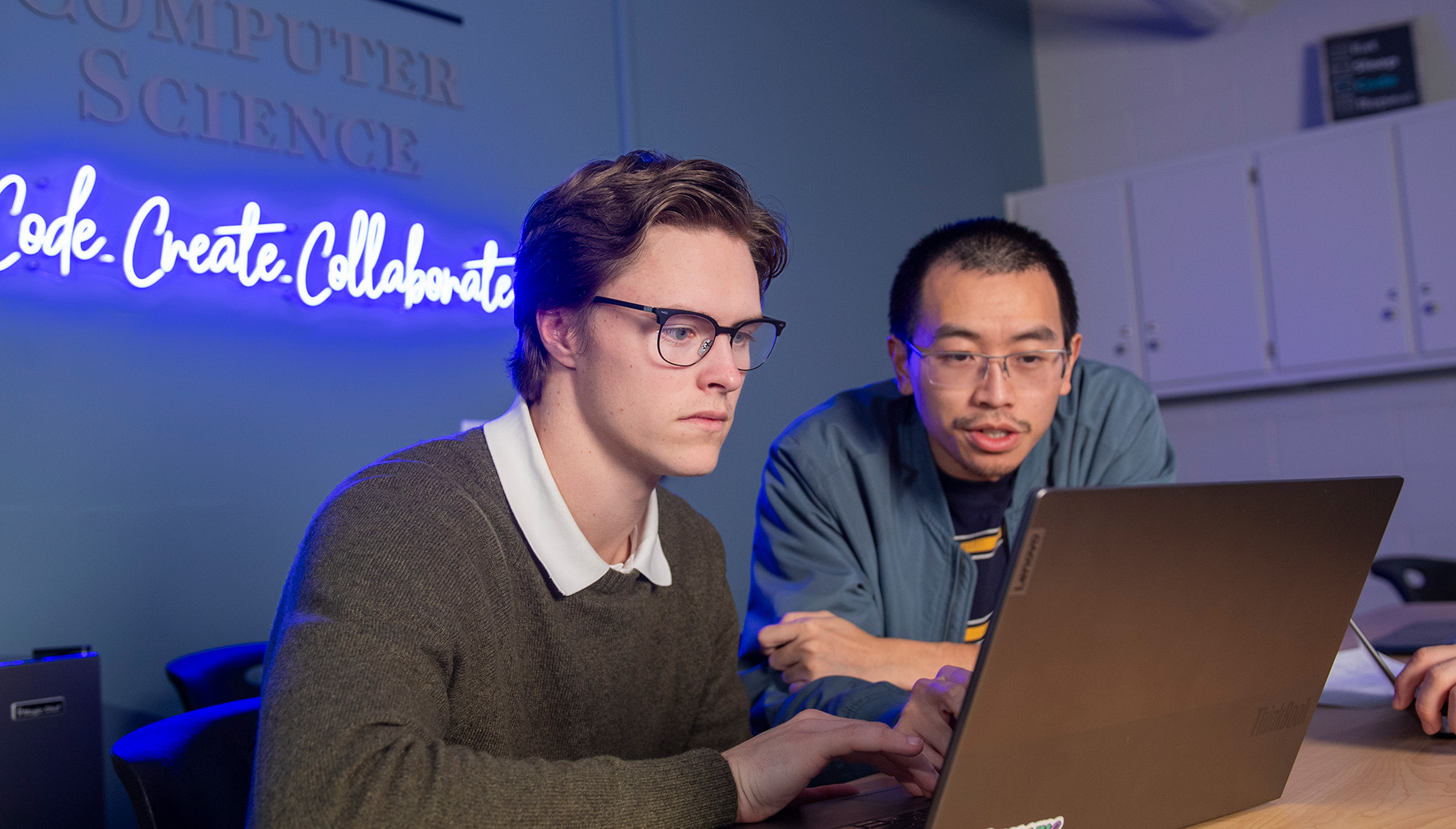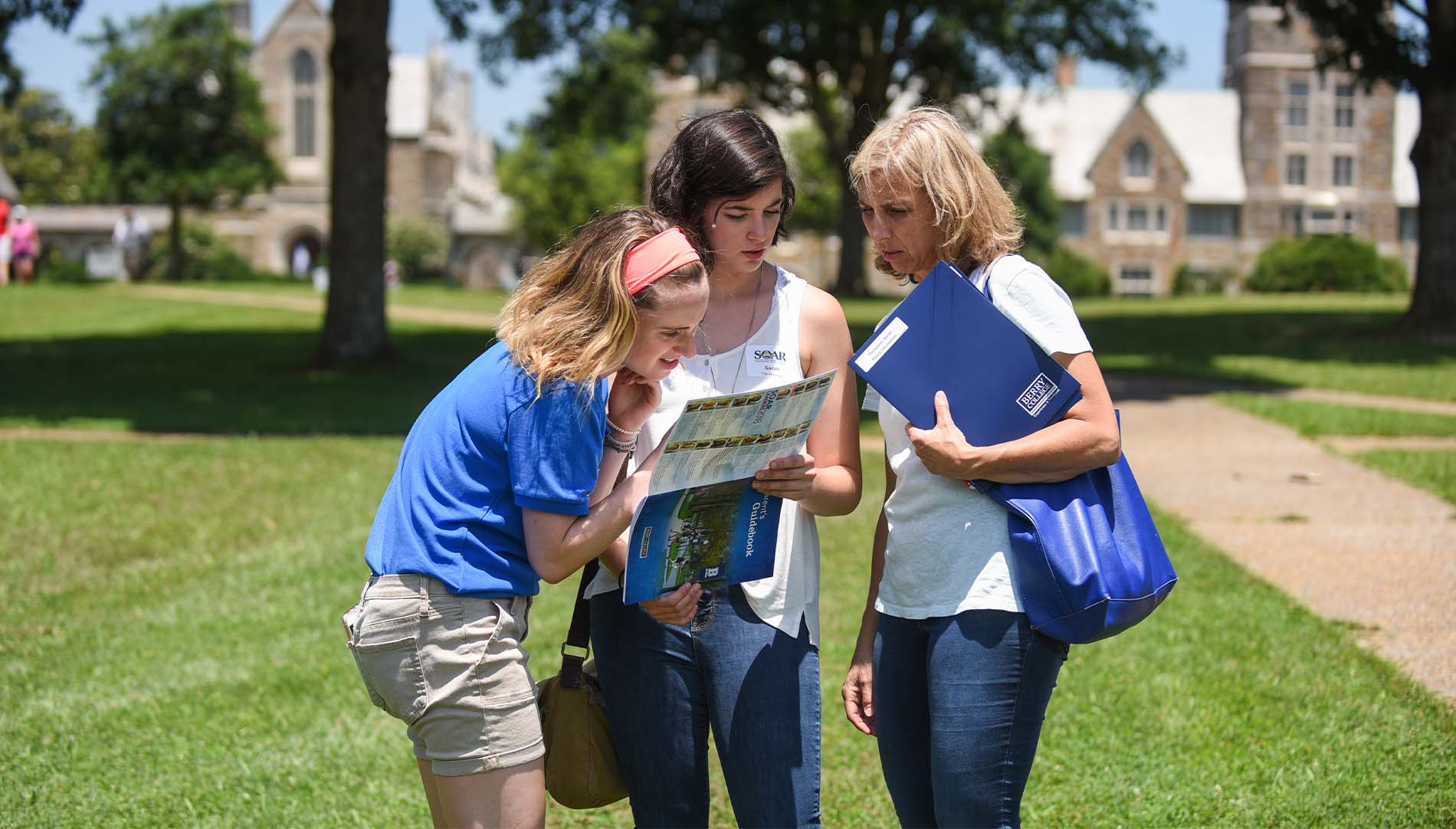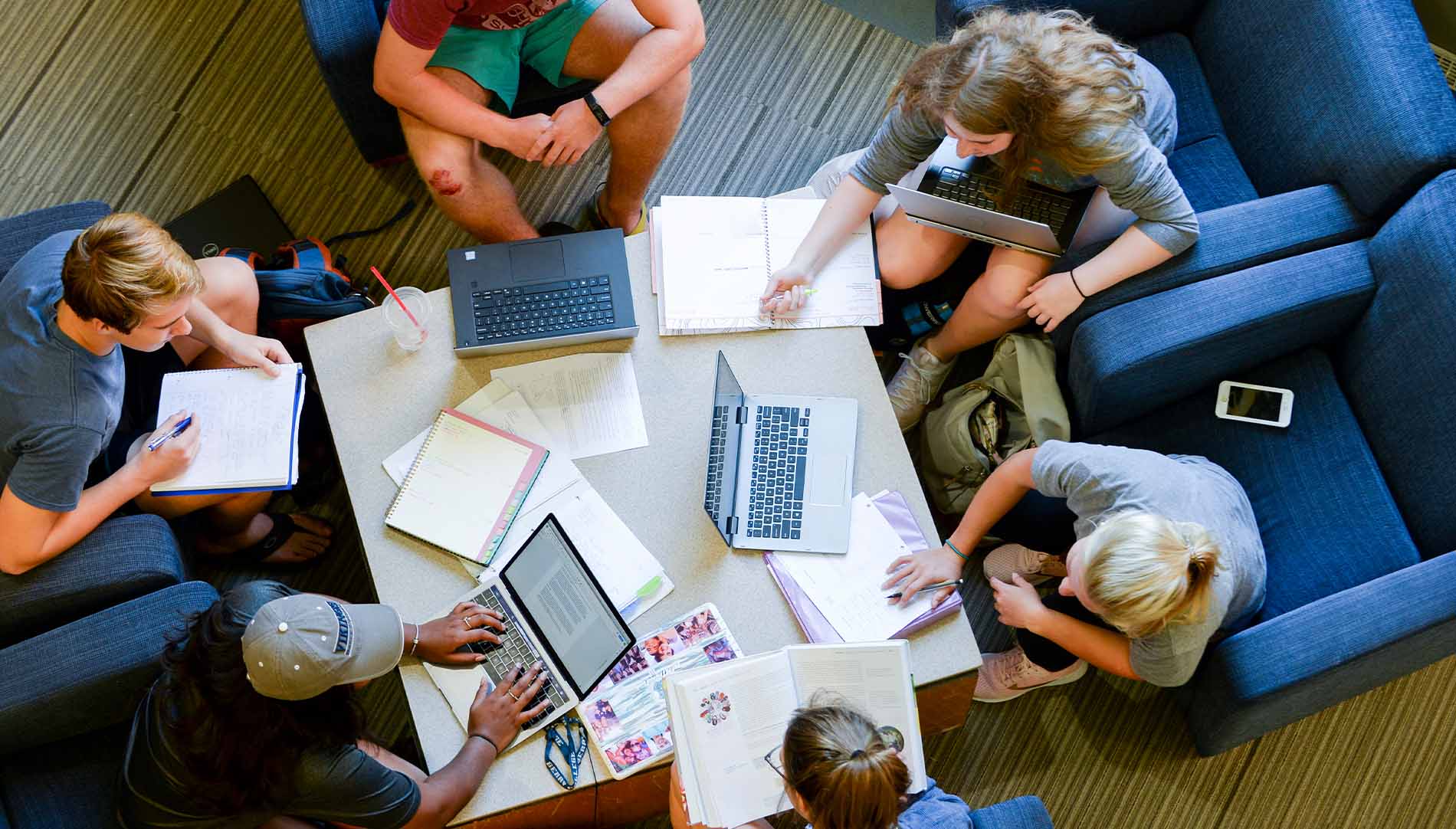Luke Steel ’21, the makerspace specialist at the Georgia Cyber Center, got his start as a creative technologies major at Berry College. Thanks to professional development and mentoring, he developed a variety of interdisciplinary skills related to technology, design thinking, computer science and entrepreneurship that he applies today.
Gaining extensive experience in CAD software and PCB [printed circuit board] design, Steel exceled in developing ideas from abstract concepts into fully-featured prototypes that can be mass produced. “Being a creative technologies major meant tackling challenging problems and iterating quickly,” Steel explains. “This prepared me for my current position by teaching me to break down a problem to the simplest, most digestible chunk. Then, once the simple problem is solved, I can move up in design complexity.”
Steel is responsible for the operation of The Garage, the Georgia Cyber Center’s makerspace where individuals come together to push creative thought and move innovation forward. It combines three different spaces that include digital tools as well as traditional fabrication tools to create physical artifacts; resources for software-oriented projects; and an area that encourages meaningful interactions. Steel maintains equipment, manages finances and consults on new purchases. He also supports and advises a diverse membership of the Georgia Cyber Center who work in academia, government and private industry.
On-campus work as the student lab director of HackBerry Lab, Berry’s makerspace, prepared Steel for his current role. In this workshop-like environment for designing, inventing, building and problem-solving, he cultivated a jack-of-all-trades skill set. Steel consulted on over 200 student projects, teaching rapid prototyping skills so students could further develop their ideas.
Coaching by Zane Cochran, clinical assistant professor of creative technologies, was crucial. “From day one, Zane challenged me to produce refined, thoughtful work. Then, as student lab director, he helped me cultivate joy in helping people learn new skills and develop their creativity,” Steel says. “Without his example, I don’t know that I would be in the position that I’m in today.”
Cochran notes that Steel was fundamental to the success of HackBerry Lab: “He had the patience and humility to take on challenges like managing student lab assistants while mentoring the scores of Berry students using the lab’s tools and technologies.”
As in the case of other Berry graduates, the close alumni network proved beneficial. Andrew Myers ’20, also a veteran of Berry’s creative technologies program, connected Steel with the Georgia Cyber Center, knowing he would be an excellent fit.



